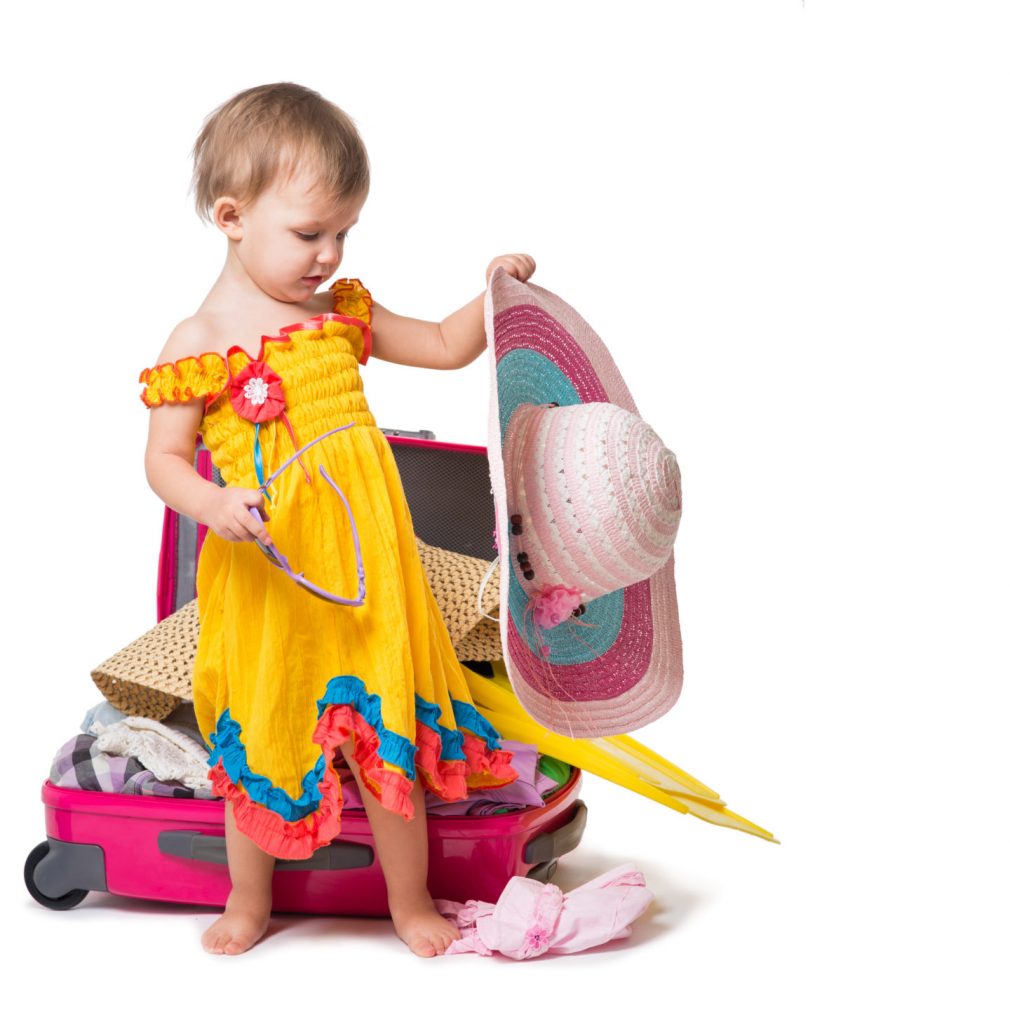Travelling with children can be both rewarding and draining. Planning ahead can make all the difference between an enjoyable or a tainted trip. Many of the rules to follow are common sense but with careful preparation you can avoid small problems turning into big issues whilst traveling. Firstly, never leave a child alone. Children do not often have the experience in dealing with new and often less safe environments.
Many of the rules to follow are common sense but with careful preparation you can avoid small problems turning into big issues whilst traveling. Firstly, never leave a child alone. Children do not often have the experience in dealing with new and often less safe environments.
Plan ahead
Vaccinations need to be considered ahead of time. If your child is up to date with his/her vaccines as recommended in the childhood immunization schedule, the majority of immunizations are covered. There will be other vaccines that are recommended for certain destinations, e.g. those in the tropics and South East Asia. These include Typhoid, Hepatitis A and BCG immunizations. If malaria prophylaxis is required, get medical advice on what is appropriate. Malaria preventive medicine is available for all children except for small infants. Consideration for less common immunizations such as rabies, meningococcal and Japanese Encephalitis may be required for certain destinations. It is recommended that you discuss this with you GP prior to departure.
Out and About
Children dehydrate quickly, and can be more picky with food, so it is always a good idea to carry small snacks with you e.g. museli bars/raisins, and to have fluids available especially in the humid climates in this region. Insect protection is important, not only for malaria, but also Dengue Fever for which there is no prophylaxis. Avoidance of mosquito bites is the best way to avoid getting dengue. Use insect repellants with up to 30% DEET for the skin, clothing should cover as much skin as possible and use nets when living conditions are less than ideal in keeping out mosquitoes.
A medical kit is always of use and should cover a wide range of possibilities. Important items to include would be sunscreen, dressings, a thermometer, paracetamol, oral rehydration salts and anti-histamine for allergy, travel sickness and sleep.
Time to fly
Other considerations are on the flight to the holiday destination. Common concerns include problems of earache and damage to ear drums. To prevent this have your child’s eardrums examined by a doctor about a week prior to the flight as blocked Eustachian tubes are a contra-indication to air travel. At the time of the flight, give the child a decongestant medication about an hour prior to actual take-off. During take-off and especially during landing, have your child suck on a breast, bottle or a sweet, to allow equalization of the eardrum and prevent rupture. Other methods of opening the Eustachian tube include swallowing, gently blowing out against a blocked nose and closed mouth or sucking on menthol or eucalyptus sweets.
Lastly, and most importantly for the younger children is entertainment. Always ensure you have plenty of books, games and toys to amuse your younger traveling companions, especially on those long haul flights, and long train and car journeys.


































